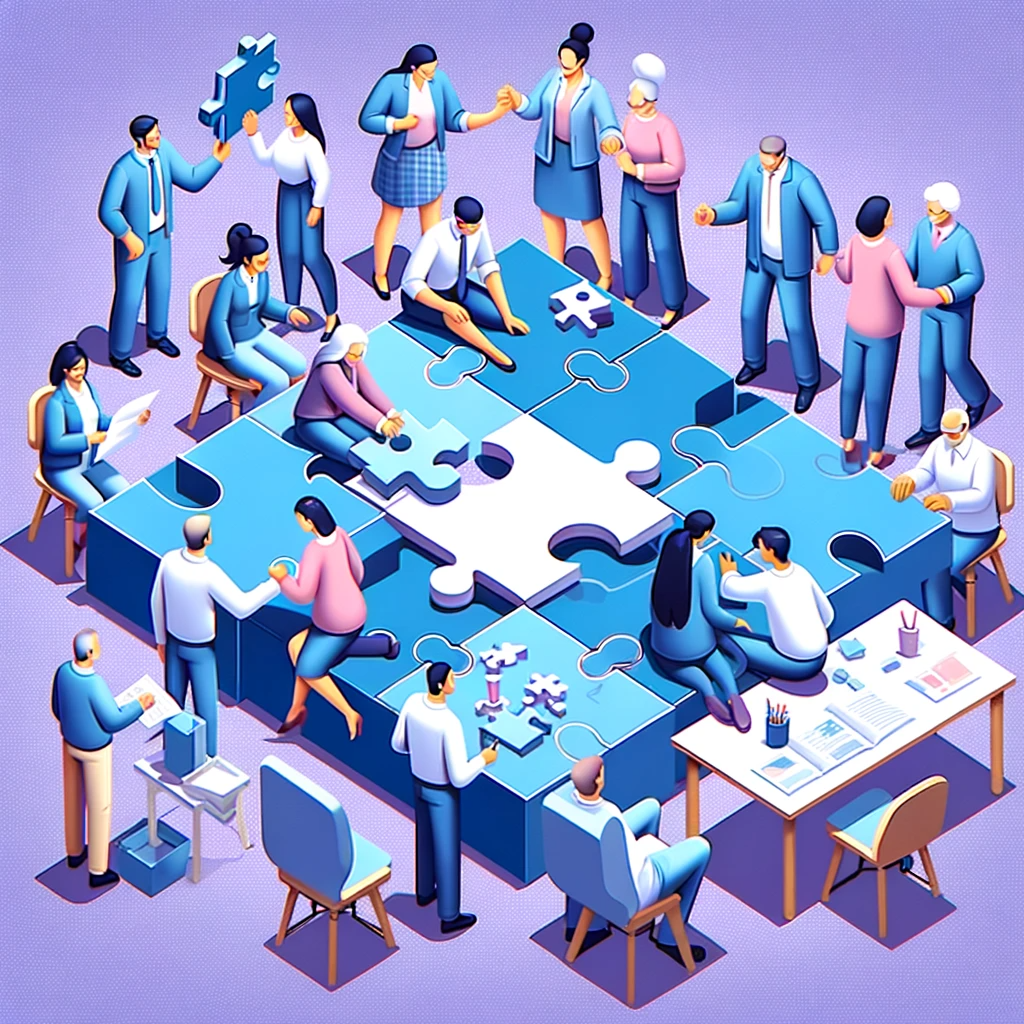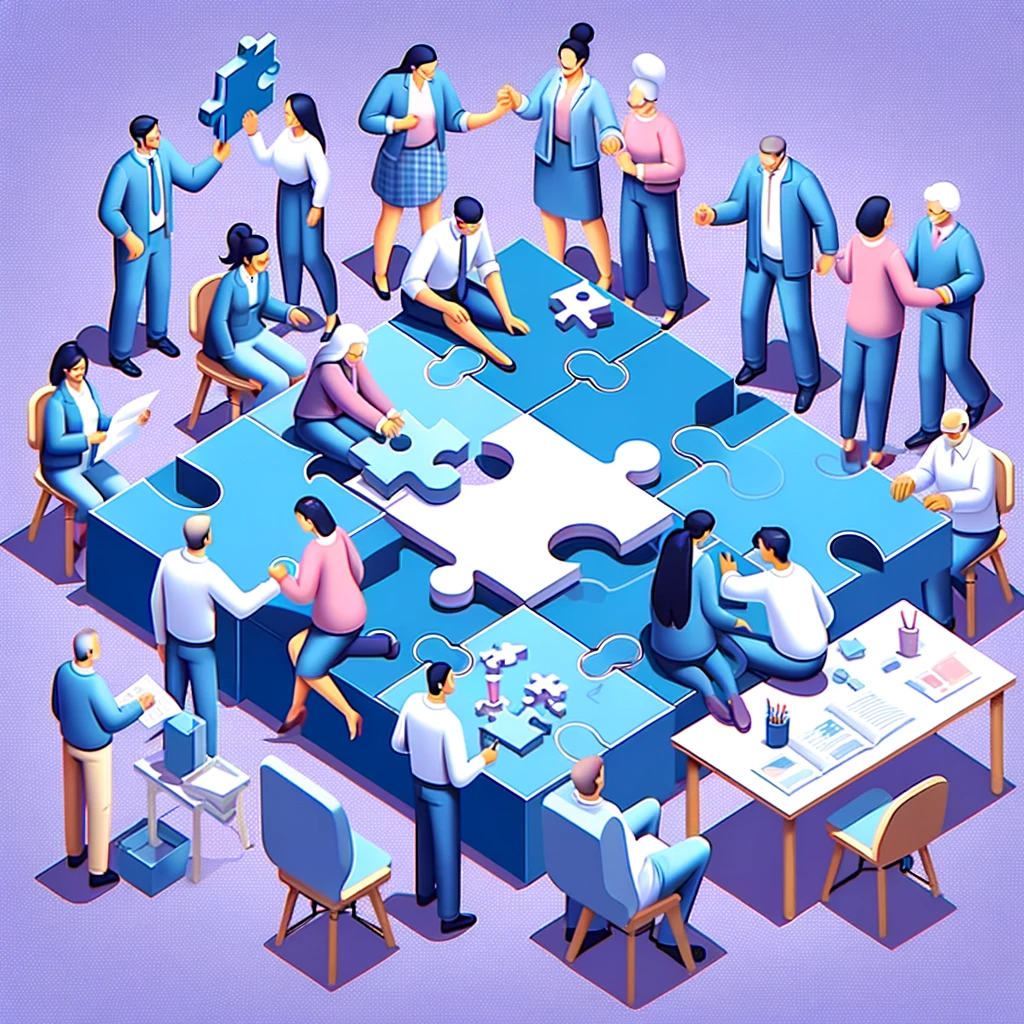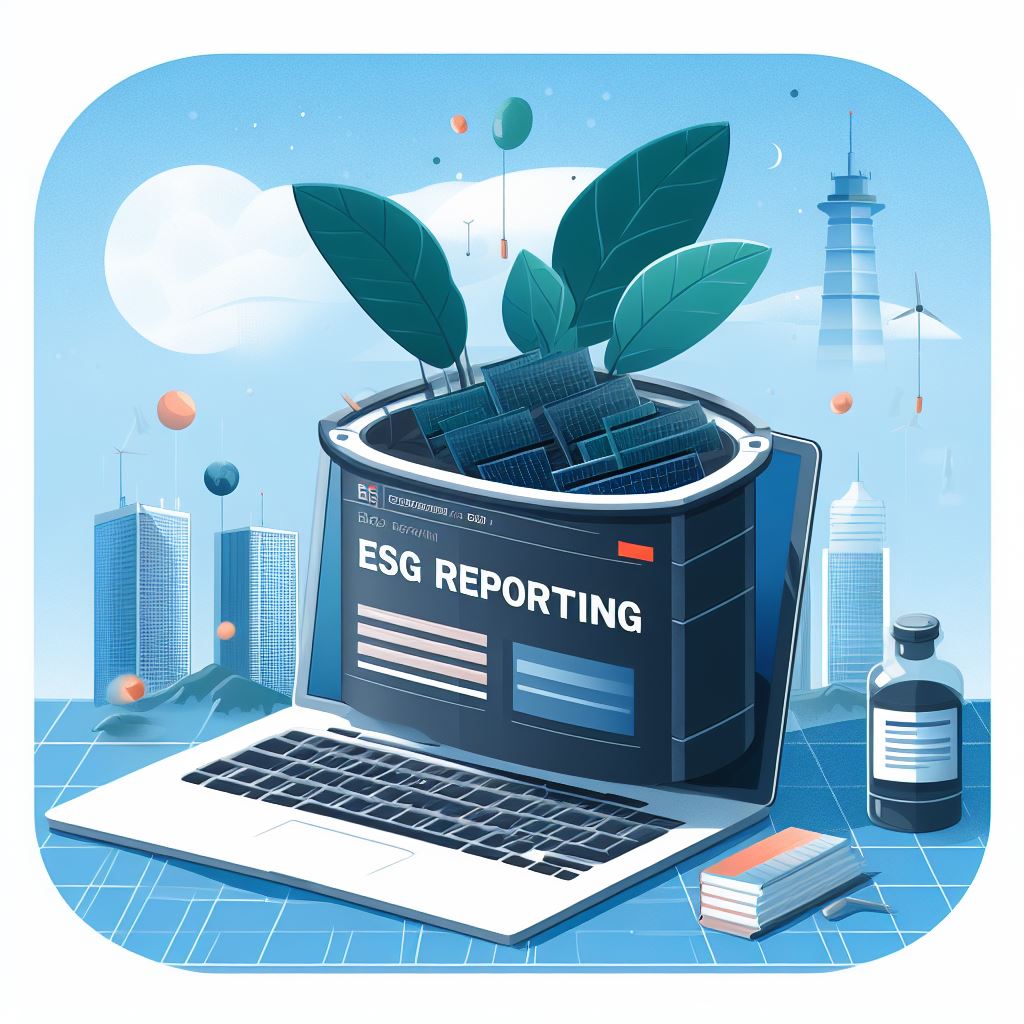Team Building Games for the Workplace: Nurturing Employee Relationships and Growth
In today’s dynamic corporate environment, the role of Team Building Games for the Workplace in shaping and enhancing company culture cannot be overstated. These activities are more than just a fun escape from the daily grind; they are vital tools in forging a cohesive, vibrant, and productive workplace atmosphere.
Team Building Games for the Workplace: Bridging Communication Gaps
One of the foremost benefits of team building games is their ability to break down communication barriers. In the hustle of regular tasks, employees often find themselves confined within their departments or teams. Team building games provide a platform for cross-department interaction, fostering open communication and understanding across the entire organization. These activities encourage employees to express themselves and listen actively, skills that are transferable to their daily work interactions.
Team Building Games for the Workplace for Enhancing Collaboration
Moreover, team building games act as a catalyst for collaboration. In a relaxed and informal setting, employees are more likely to share ideas and work together towards a common goal. This sense of teamwork, once ignited in a game scenario, often translates back into the workplace, leading to more collaborative projects and a more harmonious work environment.

Recognizing and Valuing Diversity
Team building games for the workplace also play a crucial role in recognizing and valuing diversity. By involving employees from various backgrounds in these games, companies can create an inclusive culture that appreciates and leverages diverse perspectives. This not only enriches the work culture but also enhances creativity and problem-solving within the team.
Boosting Morale and Reducing Stress with Team Building Games for the Workplace
Another significant aspect is the impact of these games on employee morale and stress levels. Fun and engaging activities provide a much-needed break from the pressures of work, helping to reduce stress and prevent burnout. Happy and relaxed employees are more likely to be productive and committed to their work, thereby positively influencing the overall work atmosphere.
Team Building Games for the Workplace: Driving Innovation
In addition to improving interpersonal relationships, team building games for the workplace can also be a driving force for innovation. These games often require creative thinking and out-of-the-box solutions, skills that are invaluable in the corporate world. By regularly engaging in these activities, employees can hone their creative and innovative skills, which can be beneficial in tackling real-world business challenges.
Fostering Leadership and Personal Development
Finally, team building games offer a unique opportunity for leadership and personal development. Employees often find themselves in unfamiliar roles or facing new challenges during these games, providing a chance to develop leadership, decision-making, and problem-solving skills. This aspect is particularly beneficial for identifying and nurturing future leaders within the organization.
Conclusion
In conclusion, Team Building Games for the Workplace are not just recreational activities; they are strategic tools that can significantly shape and enhance company culture. By promoting communication, collaboration, diversity, innovation, and personal development, these games can transform an ordinary work environment into a thriving, productive, and happy space. Investing in such activities is an investment in the company’s most valuable asset: its people.
Enhance communication and trust in your workplace by exploring our post, “Team Building Games for the Workplace: Building Better Communication and Trust,” filled with effective strategies.








